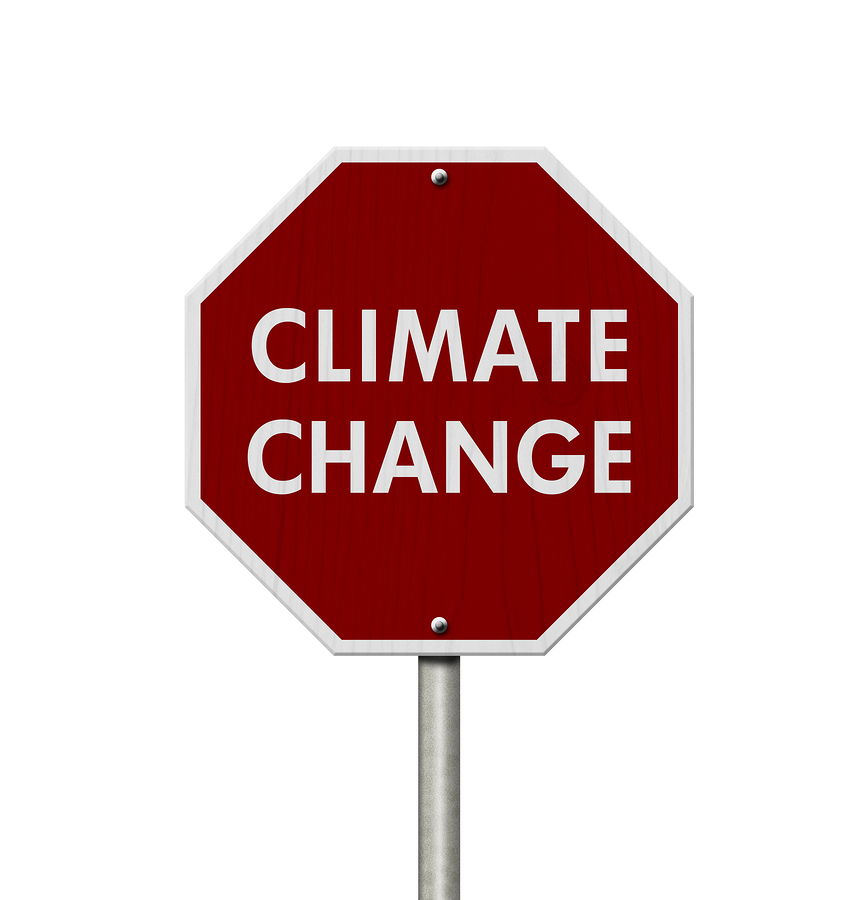Representative Alexandria Ocasio-Cortez’s recent statement about young people having a “legitimate question – is it OK to still have children” in a world amidst climate change sure created a flurry of commentary and articles. But when the topic made USA Today (print and e-newspaper), I thought now that’s mainstream traction.
The front page feature article, “War. Famine. Drought. More women say they won’t have children because of climate change,” by Elizabeth Weise goes into how “some couples, frightened by the prospect of droughts, wars, famines and extinctions brought on by climate change” are deciding not to have children.
Choice & Circumstance
My research for Families of Two and subsequent data gathering since then shows that while not topping the list of reasons couples choose not to have kids, one area of concern for many of them involves the environment. Their decision not to have children due to this reason reflects a conscious choice, but it also results from a particular circumstance. Many women have no children by circumstance, such as wanting to have a life partner before embarking on raising children. The current conversation of climate change as the ‘circumstance,’ and a big one, makes me wonder if this will become more of a common reason people end up saying no to kids.
It is such a sad circumstance, yet there’s a positive: the decision in the context of climate change puts the lives of children first.
A Child-centered Decision
In the USA Today article, Weise discusses the new and growing women-led network, Conceivable Future, which has a “clear-eyed view of the changes a warming planet are likely to bring,” and thus bring to the children who are brought onto it. Not wanting children to experience the suffering that will come with worsening climate change can drive people’s ultimate decision not to bring them into the world in the first place. Conceivable Future also believes that no one can truly make their reproductive choices freely in the face of the economic and environmental pressures we face. This then, means the “climate crisis = reproductive justice crisis.”
The nonprofit organization, Having Kids, also puts their focus squarely on children first, and how they “deserve a fair and sustainable world.” The future that kids deserve includes: “parents who plan, and wait to be ready before having kids; communities and parents who work together to invest more per child; and small, sustainable families who make it all possible.” All three of these things point toward elements of a post-pronatal society I talk about in The Baby Matrix.
Adoption
In the feature article Weise also speaks to people like Luci Kade who see the climate trends clearly and “simply can’t ignore them,” to the point where it “just feels morally and ethically irresponsible” to have one’s own children. I loved reading that the article includes how she and her partner decided to adopt. Rather than bring another child into a global warming world, they have chosen to raise a child already here. I’d love to see more of this, and it too speaks to the post-pronatal mindsets and actions I discuss in The Baby Matrix.
I agree with Meghan Kallman, professor of International Development at the University of Massachusetts-Boston, that “it’s messed up” that we have to ask Alexandria Ocasio-Cortez’s legitimate question. We continue to face a climate crisis. I hope that it will spur more discussion on its impact on reproductive decisions, and influence more people to demand and take action to solve it.


